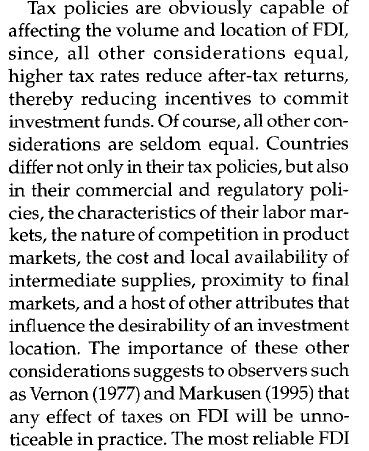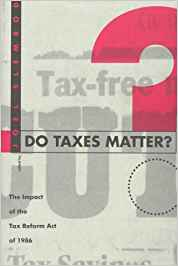
Oekonom, Professor at University of Muenster, Director of Institute of Public Economics
How to get URL link on X (Twitter) App


 The finding is attributed to the male breadwinner norm and may be explained by sorting (marrying spouses with the "right" income), adjusting labor supply or other reasons (tax schedule, collective bargaining).
The finding is attributed to the male breadwinner norm and may be explained by sorting (marrying spouses with the "right" income), adjusting labor supply or other reasons (tax schedule, collective bargaining).

 @alexcobham @FaccioTommaso @iaincampbell07 @D_Langenmayr @Omri_Marian @DanNeidle @gabriel_zucman @J_C_Suarez Joel Slemrod edited a book in 1990 with the title "Do Taxes Matter?" (because at that time it was the "if", not the "how much" that was questioned). It was part of a growing literature that, over time, provided lots of evidence that taxed do matter a lot.
@alexcobham @FaccioTommaso @iaincampbell07 @D_Langenmayr @Omri_Marian @DanNeidle @gabriel_zucman @J_C_Suarez Joel Slemrod edited a book in 1990 with the title "Do Taxes Matter?" (because at that time it was the "if", not the "how much" that was questioned). It was part of a growing literature that, over time, provided lots of evidence that taxed do matter a lot. 
